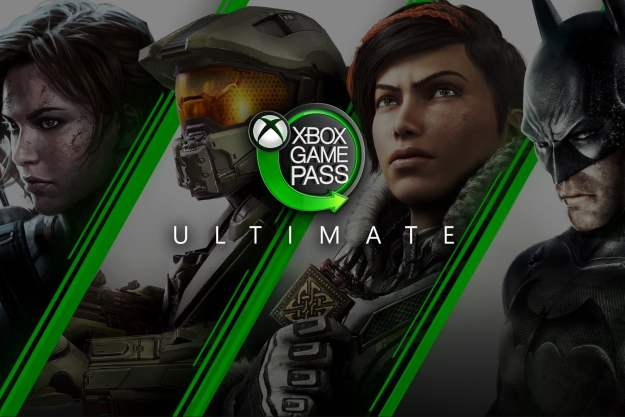
Freemium games are sprouting like weeds. That’s what it looked like as I wandered the show floor at GDC 2013. An indicator that the freemium model (where you get a game for free but end up paying for small upgrades within the game) has become mainstream, it’s also a sign of the importance of mobile and social gaming. Many, many mobile games are free, but they generate revenue with ads or by selling in-app virtual goods.
That’s not to say that traditional AAA console and PC titles are dead. Battlefield 4’s shiny new trailer received a lot of oohs and aahs at the show. Mass Effect 4 and Dragon Age 3 are ratcheting up the visual quality for the new console generation, as well. The era of big budget, loud, and glossy games isn’t ending soon, but those types of games are becoming less relevant as gaming moves forward.
The shift to mobile platforms has progressed over the last decade, but this year’s GDC signifies a sea change. The industry is trying to adapt. The number of companies selling online billing services to handle microtransactions is just one metric. The big technology companies are aware, too, and are taking their own steps to address this new market. It’s a measure of the uncertainty and fragmentation of this new market that each of the players seem to be taking in slightly different directions.
Hardware makers get mobile and look to the cloud

Intel is working to make its next-generation integrated graphics built into their upcoming Haswell laptop CPUs work more effectively with current generation games. The company is even creating extensions to DirectX to make the platform behave in a more console-like manner.
AMD, howevver, is supporting cloud gaming in a big way with its release of the Radeon Sky server-based GPUs. However, the company is hedging its bets. With AMD’s design win with the PlayStation 4 and a rumored win with the next-gen Xbox, the company is betting a lot of revenue on the success of the new consoles – the poor sales of the Wii U, which uses AMD’s Radeon graphics, must be worrying. It’s recent release of the budget priced Radeon HD 7790 should help it maintain interest.
Nvidia is also betting on cloud gaming with its GeForce Grid server line, but is still maintaining its release schedule, shipping an updated, better performing budget card with its GTX 650 Boost Edition. Meanwhile, Nvidia is still showing off its Project Shield handheld console, which is meant to attract a gamer who wants it all, but is also on the move, but neither pricing or ship dates have been announced.
Microsoft’s is trying to keep its feet squarely in all trends at once. However, that sometimes comes across as having a lack of focus. Windows 8 has been a less than stellar success for desktop PCs, but, as the new interface takes hold, touch-enabled laptops and tablets may see interesting new games. The Windows side of the company is aggressively pushing tablet gaming with Windows 8.
Meanwhile, initiatives like Xbox SmartGlass means that the console side of Microsoft is at least dimly aware of the importance of tablets, but only as subsidiary devices – god forbid you might actually want to play a game on a tablet.
Big studios try to adapt

The big gaming studios are certainly aware of the shifting sands, but with so much capital invested in old-school gaming, they’re still trying to figure out how to make money in the new world of always connected, mobile gamers. Bioware’s attempt at turning Mass Effect 3 into a service, rather than a packaged good, was one of the more interesting, if somewhat flawed, experiments. The new, service-oriented approach kept Mass Effect 3 alive in player’s minds for a year after the launch, but mixed messages and incomplete communication confused both the gaming press and gamers.
The real action is in free-to-play games, but the incremental nature of freemium revenues has been a mixed success for the big players. Star Wars: The Old Republic has seen mixed success as it moves to a free-to-play model, but more nimble companies in the market, like Wargaming.net, have reaped substantial rewards. Free-to-play has become the top business model for mobile gaming. On the MMO side, it’s looking like the subscription model is increasingly moribund, as high profile titles like The Secret World have moved rapidly to free-to-play after initial attempts at more traditional subscriptions failed to garner enough users to keep the game profitable.
What’s going on?
What does this all mean in the long-term? The rich array of different gaming platforms will attract more users to gaming than ever before, but it also means that major publishers are more risk averse. Addicted to current revenue streams from big budget games, their experiments with mobile gaming and user engagement after games ship has been slow to come. However, mobile hardware and software is also exploding with products ranging from tablet-like phones to extremely Ultrabook PCs stealing sales away from traditional consoles and desktop PCs. The big players will have to evolve to serve this new generation of users, or risk ending up on the scrap heap of technology history.



